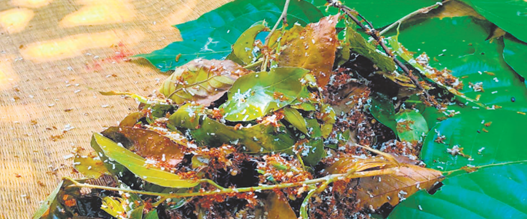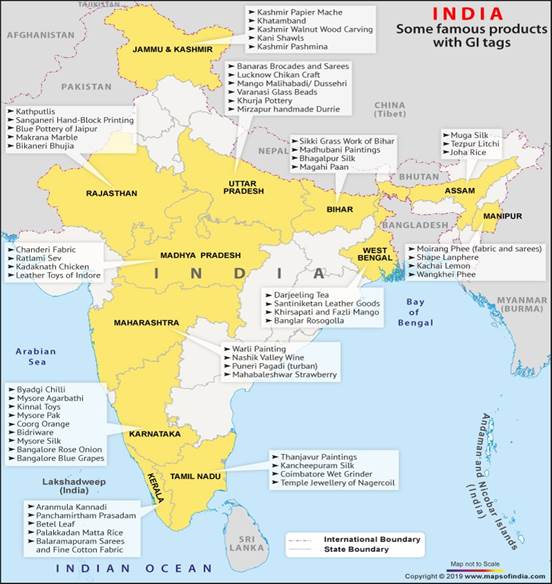Free Courses Sale ends Soon, Get It Now


Free Courses Sale ends Soon, Get It Now



Copyright infringement not intended
In News
About Geographical Indications (GI)

Copyright infringement not intended
https://epaper.thehindu.com/Home/ShareArticle?OrgId=GCNA0BBSM.1&imageview=0
https://t.me/+hJqMV1O0se03Njk9
© 2024 iasgyan. All right reserved